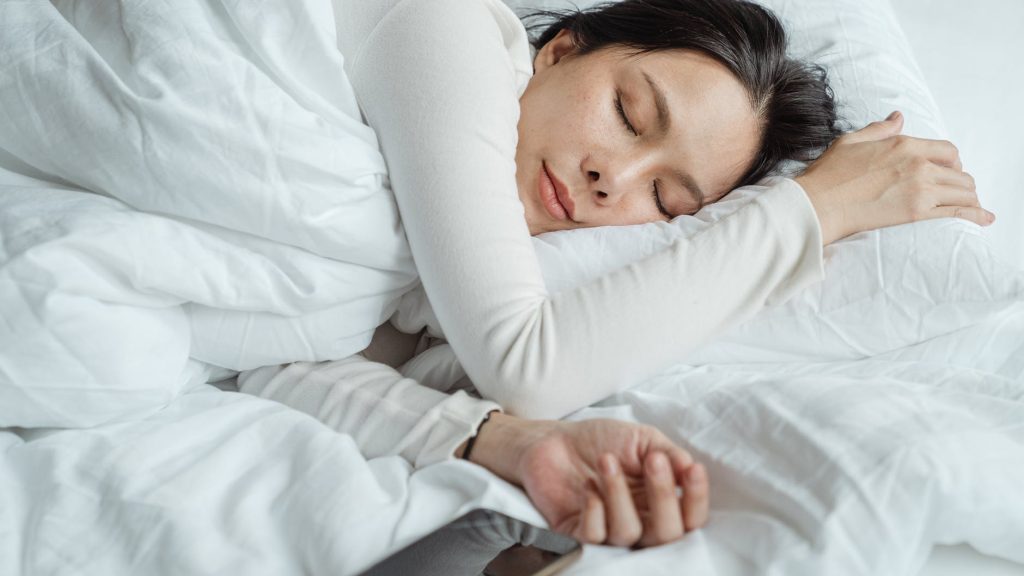There is a supposed trick amongst military personnel that they use to help them fall asleep quickly. Being able to fall asleep quickly and in different or new locations is probably a key thing to learn to be successful in your military career, but this trick supposedly helps soldiers fall asleep in just two minutes!
For anyone who suffers from anxiety or insomnia (or both) the idea of falling asleep in two minutes seems fantastical. You mean that there are people out there that don’t require 30 minutes of tossing and turning to fall asleep? That don’t need their white noise machine, fan, and specific set of blankets?
Up to 40% of the U.S. population doesn’t get enough sleep and at least 50 million people in the USA alone suffer with chronic sleep deprivation. But since it doesn’t look like schools are going to o start any later and bosses aren’t willing to accept the healthier concept of a shorter workday, finding ways to quickly fall asleep remains key to our health.
For our five tricks to fall asleep quickly, let’s start with the military method.
U.S. Army Method
Lie in bed and relax the muscles in your face, including your jaw and around your eyes. Consciously drop your shoulders as far done as they’ll go, followed by dropping each of your arms. Breathe out, relaxing your chest, back, and legs.
Spend 10 to 15 seconds clearing your mind before thinking about the following images: lying in a canoe on a calm lake with a blue sky above you; lying in a black velvet hammock in a pitch-black room; or thinking the words “don’t think, don’t think” over and over to yourself for about ten seconds.
Medicinal Method
If the above method didn’t work for you, you can try the medicinal method. While we don’t advocate for long-term use of prescription sleeping pills (as they are highly addictive and have a range of adverse side effects), there are natural options to try. Chamomile or catnip tea can both have sedating and calming effects on the mind, while melatonin can also be used short-term to encourage feelings of sleepiness. You can also encourage better relaxation with CBD hemp oil, which can help calm the mind and body and encourage sleep.
Breathing exercises
Your breathing is a powerful tool when it comes to falling asleep. We often don’t notice how we’re breathing, but rapid, shallow breaths can signal to the brain that we are anxious and this can increase adrenaline, making it impossible to fall asleep.
Most breathing exercises employ a timing method that acts as a shortcut to your brain’s relaxation center, reassuring it that everything is okay and sleep is possible. When lying in bed, begin by breathing in for four seconds, holding that breath for seven second seconds, and then breathing out for eight seconds. Pause, and start again. This may take some time to perfect, as your body may want to breathe faster. But in time, this method is proven to relax the brain and help your sleep.
Using sleep podcasts
The advent of podcasts has not only been a boon for entertainment, but also for relaxation. Multiple podcasts now exist only to talk you through falling asleep. Many of these tell calm, or even slightly nonsensical stories that help your brain relax and begin to drift off. You can also find many podcasts that use guided meditation to help you focus your thoughts, clear your mind, and fall deeply asleep. Fair warning though: this might take slightly longer than two minutes, but it’s still a great option.
Practice better sleep hygiene
Sometimes, what’s causing us to struggle to fall asleep has everything to do with what we’re doing throughout our day. Too much caffeine, alcohol within 2 hours of going to bed, not enough exercise early in the day (or too close to bedtime) or eating a variety of foods like spicy food or heavy foods right before bed can all contribute to insomnia.













